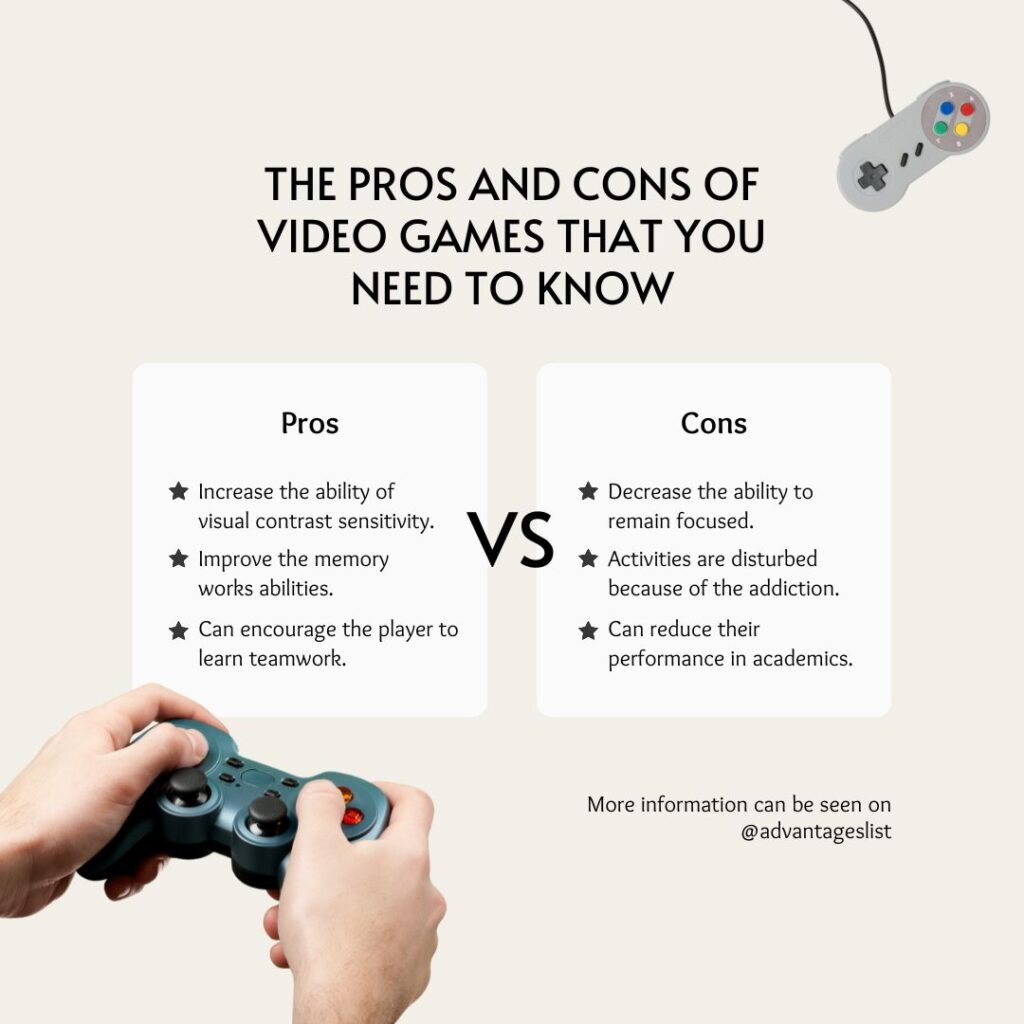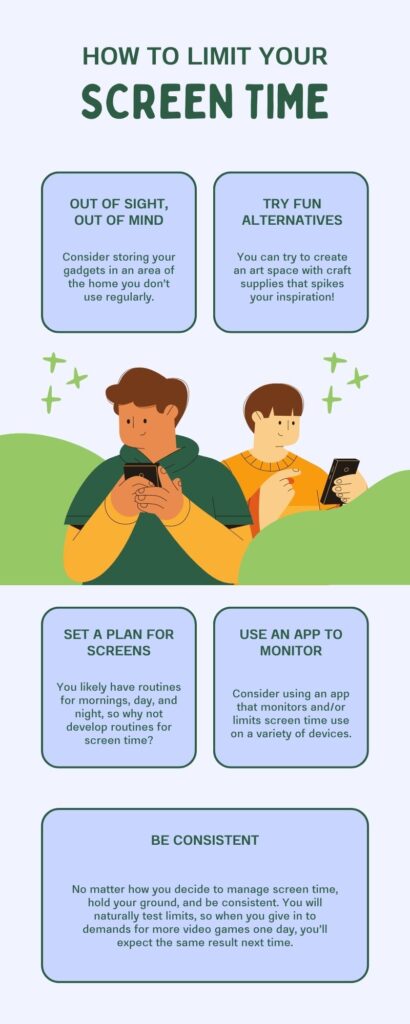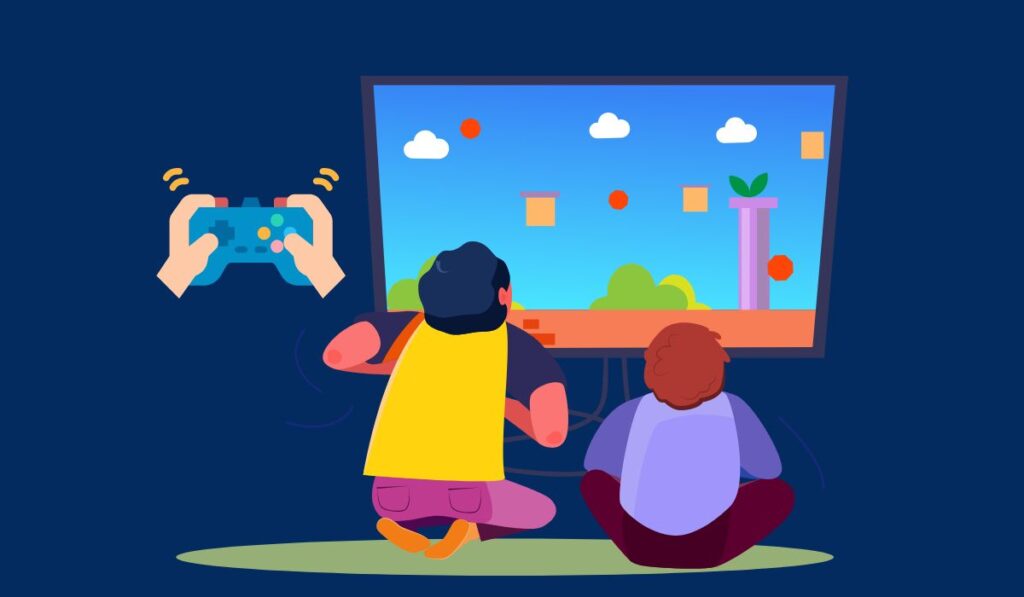We can define video games as electronic games that people play using a computer or a video console like Xbox to interact with the screen (or watch TV).
These games often have a vast number of levels and challenges which are offered during the gameplay. In this article on the advantages and disadvantages of video games, we shall look at the various pros and cons related to video games to play.
Advantages of Video Games
Video games have a lot of advantages that can make playing such games great and exciting. For some, this is an escape from reality, while for others, it is a way to pass the time.
When played on an Xbox or PlayStation 4, these games are up-to-date with the latest graphics. This means that people who love playing such games and have a lot of time on their hands will enjoy the best entertainment. Some advantages of video games are below:
- Video games can help improve focus and concentration by requiring players to pay attention to the game and react quickly to changing situations.
- Some studies have shown that playing video games can help reduce stress and anxiety.
- Playing video games can increase your hand-eye coordination and reflexes. By improving these skills, you can perform better in real-life situations.
- Video games can be a fun (Entertainment) and enjoyable way to pass the time and relax
- Video games can help stimulate learning and increase your knowledge. This is because they require players to learn new skills and use their brains.
- Many video games allow players to interact with others online, which can help improve social skills and encourage teamwork.
- Many video games require players to think critically and solve problems in order to progress through the game.
- Certain types of video games, such as puzzle games, can help improve memory and cognitive function.
- Video games can increase creativity by taking a break from the problems life presents.
- Video games can make people more competitive, which often causes them to seek achievements and awards. Doing so can help them make new friends and exchange ideas with other players.

Disadvantages of Video Games
There are several adverse effects that video games have on the body and could lead to some negative effects for people.
The main harmful aspect of video games is the various chemicals that are being used in them. Because of this, people may become addicted and think less about their health and well-being. Let’s explore other cons of video games
- Spending too much time playing video games can lead to a lack of social interaction and isolation from friends and family.
- Playing video games increases the risk of obesity because they encourage more eating and less physical activity.
- Students who spend a lot of time playing video games may perform poorly in school due to a lack of focus and study time.
- Some video games may contain content that is not suitable for children or may expose them to inappropriate themes or language.
- Video games can be expensive, and the cost of purchasing new games and console systems can add up over time.
- Some studies have suggested a link between playing violent video games and increased aggression in players.
- Video games can cause some physical and mental problems like changes in behavior, confidence, aggressiveness, and so on.
- Playing video games can also lead to a lack of concentration because they can quickly become addicted and lose in the game.

Benefits of Video Games for Students
It’s important to note that the benefits of video games for students may vary depending on the type of game and the individual student.
As with any form of entertainment, it’s important for students to use video games in moderation and balance them with other activities such as homework, sports, and socializing with friends and family.
- Improved problem-solving skills
- Enhanced spatial awareness and visualization skills
- Some students may be more motivated to learn when they are using interactive, game-based learning tools.
- Some video games, particularly those that involve puzzles or strategy, can help improve memory and cognitive function.
- Multiplayer video games can help students learn how to communicate and collaborate with others, which can be beneficial for social development.
- Some video games, particularly those that involve building or crafting, can encourage students to use their creativity and think outside the box.
- Many video games require players to pay attention to multiple tasks at once, which can help improve their multitasking skills.
- Some video games, particularly those that involve reading or interacting with other players online, can help improve language skills.
- Some video games require players to make decisions quickly and under pressure, which can help improve decision-making skills.

Cons about Video Games for Students
No matter how much the video game industry is growing, there are some disadvantages that might arise from video games. Let’s get an insight into the cons of video games.
- Spending long periods of time sitting and playing video games can lead to health issues such as obesity, carpal tunnel syndrome, and eyestrain.
- Playing video games late at night can interfere with sleep, which can lead to problems with concentration and attention in school.
- Spending long periods of time playing video games can lead to a lack of physical activity, which can have negative effects on physical health.
- Playing video games online can lead to a decrease in face-to-face interaction with others, which can have negative effects on social development.
- Playing video games can be a distraction from other activities such as homework, sports, and socializing with friends and family.
- Students who spend a lot of time playing video games may be less likely to participate in other hobbies or activities.
- Students who spend a lot of time playing video games may have difficulty managing their time and prioritizing other activities.
- Students who play video games online may be at risk of sharing personal information with strangers, which could lead to identity theft or other online safety concerns.
- Students who play video games online may be exposed to cyberbullying or may engage in cyberbullying themselves.
FAQs
- GameFAQs
- Taken 8 or 7
- Destructoid
- Humble Bundle
- Green Men Gaming
How to play video games?
- Choose a game
- Install the game
- Set up your controller or input device
- Choose your settings
- Start the game
- Play the game and Save your progress
How are video games good or bad for you?
Video games can have both positive and negative effects on players, depending on the type of game, the duration of play, and the individual player.
Some potential benefits of playing video games include improved hand-eye coordination, enhanced problem-solving skills, increased social interaction, increased focus and concentration, stress relief, and improved memory.
However, there are also some potential negative effects of playing video games, including addiction, health problems, aggression, social isolation, poor performance in school, exposure to inappropriate content, and financial expense.
Final Thoughts
Overall, video games can have both positive and negative effects on players, and it’s important to consider both the potential advantages and disadvantages when deciding whether or not to play them.
Some potential advantages of playing video games include improved hand-eye coordination, enhanced problem-solving skills, increased social interaction, increased focus and concentration, stress relief, and improved memory.
However, there are also potential negative effects of playing video games, such as addiction, health problems, aggression, social isolation, poor performance in school, exposure to inappropriate content, and financial expense.
It’s important to use video games in moderation and balance them with other activities such as exercise, socializing with friends and family, and school work. It’s also important to monitor the content of the games that are being played and ensure that it is age-appropriate.
Overall, it’s important to use video games as a form of entertainment in moderation and to ensure that they do not interfere with other areas of a person’s life.

